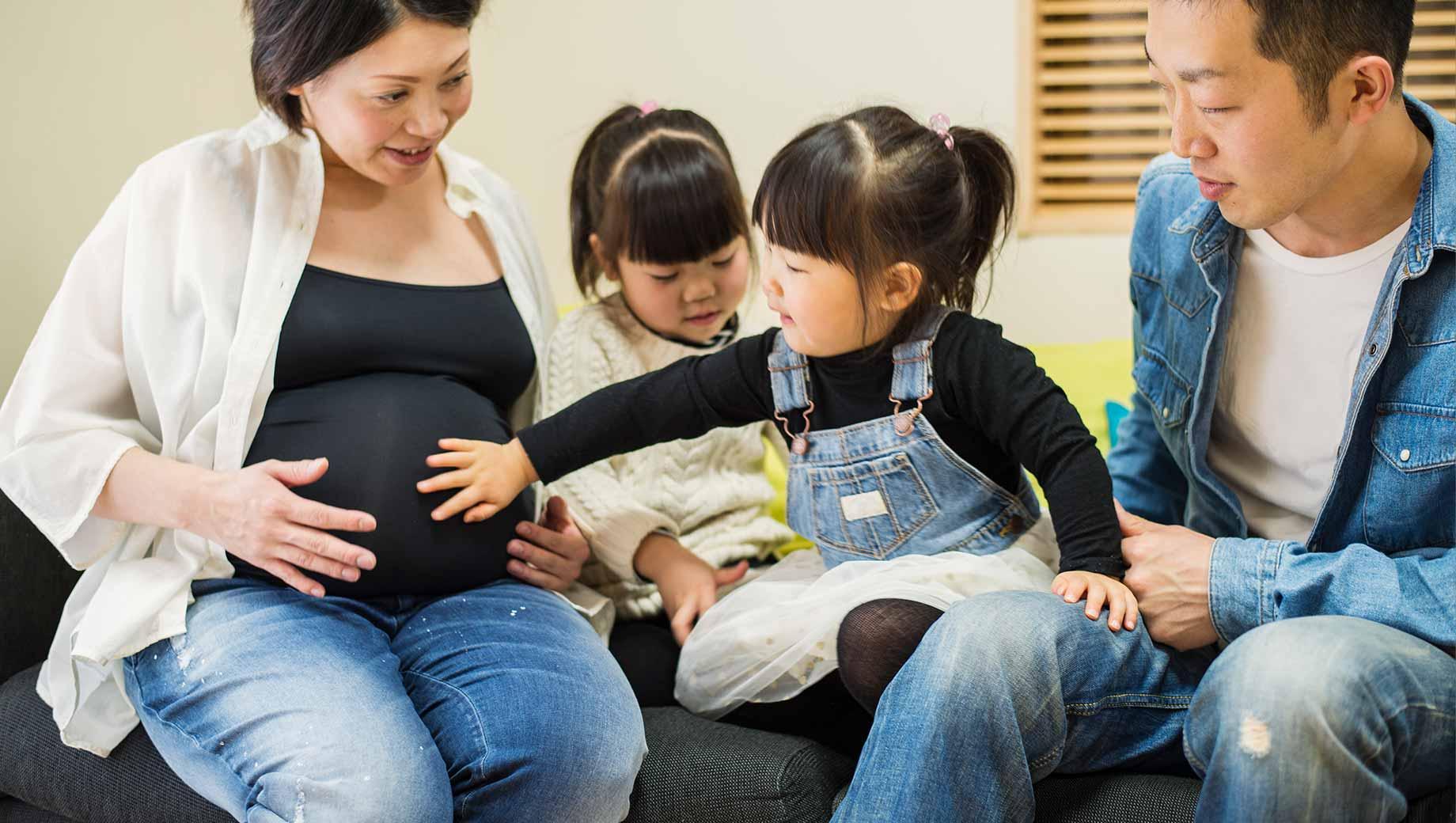One in four Americans (25%) say they’ve thought a lot about providing foster care, with Black Americans being more likely to indicate interest (34%) compared with Hispanic (26%) and White (22%) Americans. from ║┌┴¤═° and indicates that better publicizing certain aspects of foster care could encourage potential foster and adoptive parents, as well as mentors, to get involved.
The Kidsave-║┌┴¤═° report identified three important areas, among others, that may help increase the number of mentors and foster or adoptive parents:
- improved awareness of eligibility requirements for foster care
- participation in mentoring programs to work with children in foster care
- getting to know children in foster care in advance through a temporary placement
The findings reported here are complemented by quotes from qualitative interviews conducted with Black adults in the Houston and Los Angeles areas. for more data from these interviews.
Americans Lack Awareness of Their Eligibility to Be Foster Parents
Two-thirds (68%) of Americans don’t know if they’re eligible to provide foster care. This awareness varies by racial/ethnic background, with Black Americans (30%) being the most likely to already know they are eligible, compared with 23% of both Hispanic and White adults. Improving knowledge and awareness about eligibility could increase the number of Americans who consider providing foster care and/or adopting from foster care.
"Could someone be a foster parent as a single male? Could someone be a foster parent if you're just a single working person, right? Are there limitations? I never knew or [was] exposed to what that looks like on the other end from the foster care agencies. Do they prefer two-parent households? Do they prefer a female over a male foster?" -- Ethan P., age 45, Los Angeles
More Volunteers in Mentoring Programs Could Improve Adoption Rates
Adults who connect with a child in foster care through a mentoring program have seven times greater odds of adopting from foster care, even if they have never provided foster care themselves.
Mentoring programs provide a way for children in foster care to connect with caring people in their community, while providing constructive experiences and relationships for both the adults and the youth. These programs and opportunities can also help potential caregivers to get to know children in foster care and better understand their experiences.
"I think a lot of people are just nervous. The mentoring thing could get you involved with a child so you know what it’s like. Like tiptoeing to the pool." -- Monique R., age 45, Los Angeles
For a meaningful portion of Black (40%) and Hispanic (26%) adults, knowing they could be matched with a child of the same racial or ethnic background would make them “more likely” or “much more likely” to participate in a mentoring program.
Opportunities to Temporarily Host a Foster Child Could Be a Gateway to Adoption
Getting to know a child before making a lifelong commitment might help adoption be more approachable for potential parents and potential adoptees and give both the opportunity to get to know each other.
Over half of U.S. adults (55%) say that temporarily hosting a child would make them “somewhat more likely” or “a lot more likely” to consider adoption.
In line with their higher interest in other aspects of foster care, Black adults are slightly more likely than U.S. adults on average to say that temporarily hosting a child would make them “a lot more likely” to adopt (23% versus 18%).
“[The biggest barrier is] not knowing enough … I think there are people out there who may want to do it, but I think they're scared to. … Will they get along, will they fit in, will they be able to help them? So it's hard … the fear of the unknown. Because you don't know what you're going to get.” -- A.S., age 59, Los Angeles
Bottom Line
Some of the major barriers for Americans considering foster care or adoption are related to the unknowns of the foster care system. However, three areas stand out as having the potential to demystify the foster care system and help more Americans consider caregiving or mentoring as a possibility. Improving awareness about eligibility, increasing the number of volunteer mentors who work with youth in foster care, and promoting programs to temporarily host a child in foster care are all actions that may help reach this goal.
Although they show greater interest in and knowledge about the foster care system, Black caregivers and mentors are still especially needed. Due to the disproportionate number of Black children in foster care, Black foster and adoptive parents and mentors can help in providing culturally responsive care, which has been found to improve outcomes for children in foster care. Data from the Kidsave-║┌┴¤═° study show that becoming a mentor for a child in foster care can increase the odds of adopting by seven times, and that Black and Hispanic adults are more likely to consider mentoring when they know they could volunteer with a child of the same racial or ethnic background. While more mentors may lead to more adoptions, these volunteers also make an immediate impact by helping children in foster care build strong relationships with caring adults. For more insights into perceptions of U.S. foster care and adoption, .
To stay up to date with the latest ║┌┴¤═° ║┌┴¤═° insights and updates, .
Follow the latest findings from the ║┌┴¤═° Center on Black Voices, ║┌┴¤═°'s research initiative to study and highlight the experience of more than 40 million Black Americans.
Learn more about how the works.




